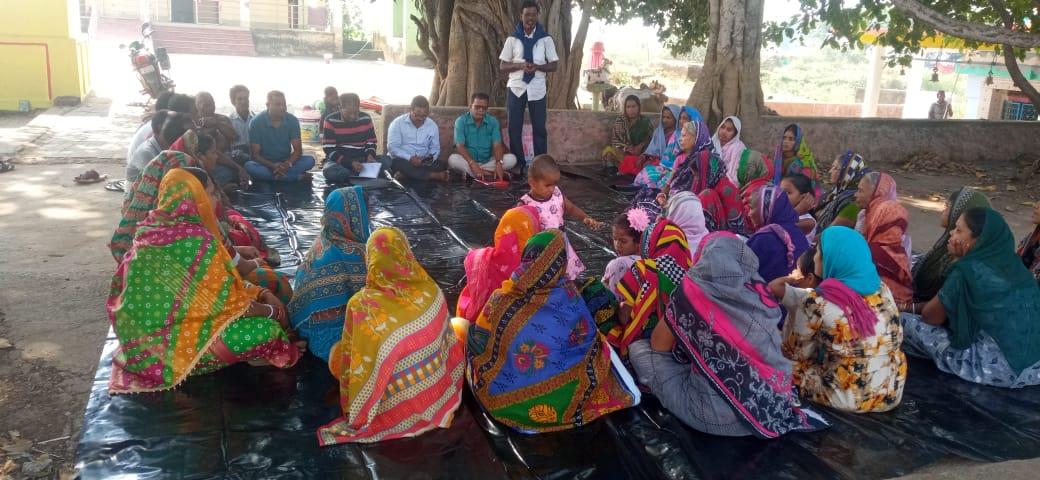They produce more than 70% of the food in the area, are extremely poor and face malnutrition and disease. Moreover, the anticipated benefit has been failed due to the inefficient local marketing systems. In addition, the farmers are slow in changing their farming practices such as bush burning, deforestation and rain-fed agriculture and they lack the requisite education, information and training necessary to adapt to climate change. The proposed project provides a strong starting point and solution finding to rural tribal communities who are involved in agriculture activities.
Livelihood
Catholic Charities has since its inception began to work for the livelihood promotion of the people. In the rural and coastal areas intervention on livelihood was regularly done. In the costal areas especially areas get affected by the flood and cyclones catholic charities supports for the resilient farming. Focus is also given in Kandhamal district as the people in this area are poor.
The Small Farmers face prospects of tragic crop failures reduced agricultural productivity, increased hunger, malnutrition and diseases. It is projected that crop yield may fall by 10-20% by 2050 or even up to 50% due to climate change particularly because the agriculture is predominantly rain-fed and hence fundamentally dependent on the impulses of weather.
We strive to develop people in different capacities. Rural communities in Kandhamal are one of the most vulnerable to climate change impacts. There is therefore the need for concerted efforts toward tackling this menace. There is also a need to preserve traditional practices. Farmers should therefore adopt climate-resilient adaptation measures to cope with or reduce climate vulnerability.
Agriculture plays a central role in safeguarding the region’s food supply and achieving the second UN Sustainable Development Goal of zero hunger by 2030. This would be possible by introduction of fundamental changes in agricultural practices. Integration of traditional knowledge with innovations in agriculture also has a huge scope to enhance the adaptive capacity of the rural communities.



